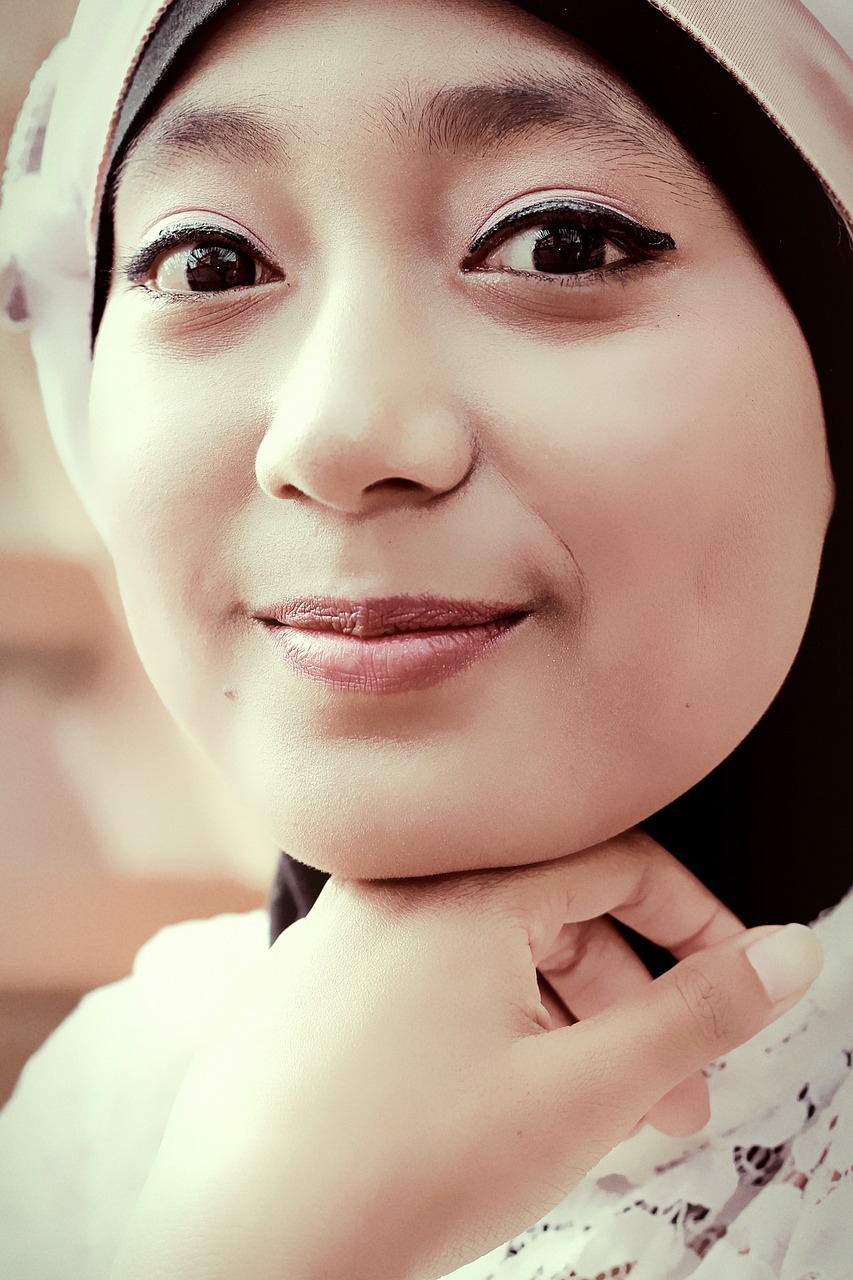Mainstream British media often depicts veiled Muslim women as oppressed, stay-at-home mums who spend their days shopping and cooking for their husbands. Yet, on the other side of the spectrum, there are Muslim women who wear the niqab, work, engage and participate fully in mainstream British society. While the niqab can be a symbol of oppression overseas in places where women have no choice in the matter, here in the UK it takes on a very different symbolism – one of women refusing to be part of the present-day society’s vapid consumerism and sexualisation.
Four Muslim-veiled women shared their experiences of wearing the niqab and considered what a ban might mean for future generations. All outlined their frustrations on common misconceptions of veiled women as “unintellectual” and “immigrants.”
Aysha, 23, is a master’s student from London who started wearing the niqab when she was 17.
“When wearing the niqab it comes down to the individuals involved. My teachers were very open-minded – they did not see it as a barrier to the British way of life but respected it and treated me like a normal person. I have no problem interacting with male colleagues or teachers; the veil is there to protect me as a Muslim woman.
“I think the ban by the college is criminalising and discriminatory. Hundreds of women across the UK wear the veil; by banning it you are taking away their right to education, alienating them and hampering community cohesion and integration. This is not a security issue at all – ask anyone who wears the niqab and most of us will remove it to identify ourselves.”
Saadiyah, 22, is a cover supervisor at a school in the Midlands and started wearing the niqab aged 13.
“A friend of mine inspired me to start wearing the veil. I was really young at the time and had to convince my parents I was ready for it. I completed my undergraduate degree at the University of Birmingham while wearing the niqab and never saw it as a barrier. “My lecturers treated me like every other student; I took part in classes, did presentations and interacted with students both male and female. People were curious and always asked me questions but never in a negative way.
“I now work as a cover supervisor at a catholic school and one of the requirements is to show your face while teaching. As a result, I remove my niqab while at work. “The way you dress should not determine whether you can access the right to education. One of the great things about Britain is that it is an open, democratic society. How can people respect other religions if our MPs and institutions are attacking this basic freedom?”
Samina, 35, is a full-time PhD student, researcher, consultant and mother of two, who decided to start wearing the niqab four years ago.
“It was very different when I started covering my face. While studying and at work, it was not an issue – most people understood why I was wearing it and respected it. Interestingly, male colleagues admired my decision and got along with me, while I had a harder time from some female counterparts. “When out in public, I’m always living in fear as people are very hostile towards me. I’ve suffered verbal abuse on numerous occasions and almost got knocked over in a Sainsbury’s car park because of the way I was dressed.
“The banning of the niqab will impact negatively on Muslim women – how a woman dresses should not define her. When conducting interviews for jobs, I don’t look at religion or the way people live their life, I look at their skills, abilities and intellect.”
Former chair for the Federation of Student Islamic Societies’ Welsh division, Sahar is a molecular geneticist for the NHS and began covering her face at 14.
“Wearing the niqab gives me a sense of strong Muslim identity, character, dignity and freedom. It’s totally a personal choice, I’m not oppressed, I’m not isolated, I’m highly educated and I’m a Muslim British and an active citizen. “There is no place for discrimination and racism in 21st century and actions like banning the niqab are destroying the fabric of our British society.”






